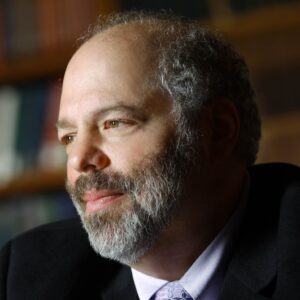Chronic Pain and Pain Amplification: Seeing the Whole Elephant
Due to increasing specialization, medicine has created “silos” that are barriers to a holistic view of patients. Patients who currently do not fit into the algorithms of diagnosis are shunted from doctor to doctor and have costly repetitive unhelpful workups. When diagnostic studies do not give a clear answer, their problems are often presumed to be psychosomatic. One group of these patients present with overlapping complaints that include cognitive impairment, “brain fog”, depression, chronic fatigue (chronic fatigue syndrome, CFS), diffuse pain (fibromyalgia), postural change intolerance (postural orthostatic tachycardia syndrome, POTS, and neurally mediated hypotension, NMH), GI dysmotility, chronic nausea, migraine, temporomandibular joint syndrome (TMJ), tinnitus, dizziness, mixed connective tissue disorder, interstitial cystitis, and several others. The symptoms often begin after an infection (such as long-COVID, chronic Lyme disease, chronic Epstein-Barr) or another illness but may be lifelong. A significant number of the patients have an autoimmune disorder and others have hyperflexible joints or other Ehlers-Danlos spectrum disorders. They seem to have both genetic and environmental elements to their illness. These patients share dysfunction of the autonomic nervous system, chronic inflammation, and immune dysregulation. They fall into the spaces (interstitium) between medical specialties and need interstitial care, usually from multidisciplinary clinical teams.
At Johns Hopkins’ Pain Treatment Program, we have had remarkable success with many of these patients using neuromodulating and immunomodulating medications, autonomic nervous system manipulations, a program of autonomic and physical rehabilitation, and a structured plan to help them recover.
Presented by:
Glenn J. Treisman, MD, PhD

Director of the AIDS Psychiatry Program, Professor of Psychiatry, Behavioral Sciences, and Internal Medicine at the John Hopkins University School of Medicine
View SlidesNavigate the Site
2026 GoldLab Symposium
Save the date!
Please join on May 14-15, 2026Presenters In The News
Contact Info










